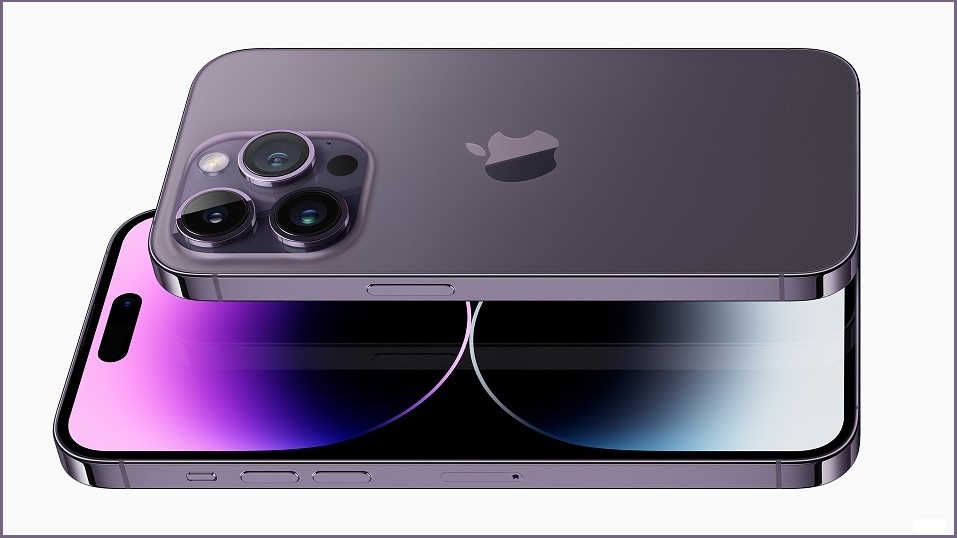A series of Apple updates has bolstered security and emergency features for iOS users, offering a first-of-its-kind rapid security update and SOS satellite features to iPhone users in Australia and New Zealand.
Apple sent notifications to iPhone users over the weekend labelled ‘Rapid Security Response’ – a new update which iPhone users can install for a range of "important security fixes".
This is the first update in Apple's long-anticipated Rapid Security Response (RSS) initiative, an update model focused specifically on resolving security issues with a speedy turnaround.
Now available to all iOS 16 users in the new iOS 16.4.1 (a) update, the RSS feature focuses on timely fixes for pressing security problems and enables Apple to push security-exclusive updates to its users faster than a regular software update.
"Rapid Security Responses are a new type of software release for iPhone, iPad and Mac," said Apple.
"They deliver important security improvements between software updates… they may also be used to mitigate some security issues more quickly, such as issues that may have been exploited or reported to exist," it added.
Where a regular Apple update usually provides new iPhone system features, RSS updates instead addresses important security improvements between major software upgrades – such as improvements to the Safari web browser, critical system libraries, and iOS security issues which may have been exploited or reported to exist.
RSS closely mirrors Android's existing security updates model, and gives the tech giant a much-needed boost in agility amid increasing attacks against iPhone users.
Threats such as spyware and remote device takeover have been prominent concerns for iOS and Android users in the new decade, leading major tech vendors to increasingly adopt agile update solutions such as RSS for the safety of their users.
Notably, Apple has not specified what the security changes in iOS 16.4.1 (a) actually are, and the notes on Apple's relevant support page are uncharacteristically sparse.
Given Apple's controversial reputation for allegedly slowing older devices after an update, tech-minded iOS users were quick to voice hesitation at the iOS 16.4.1 (a) update's lack of clear explanation.
"I do not like installing a patch if I don't know what it is for," said Twitter user David Maynor.
Apple did not immediately reply to Information Age's request for comment.
Conventional cyber security advice is to apply security updates as soon as possible, and Apple now enables automatic RSS updates by default.
For users who turn off this automatic setting and forego the update, Apple says relevant fixes will apply when they're included in a subsequent software update (which typically includes further information on applied changes).
Apple releases satellite SOS feature
In further news, Apple has introduced a ground-breaking safety feature for iPhone users in Australia and New Zealand.
Apple announced on Monday an Emergency SOS via satellite is available on all iPhone 14 models – enabling users who find themselves in dire straits to send text messages to emergency services via satellite when cellular and Wi-Fi coverage is otherwise unavailable.
The service is enabled by default for iPhones with iOS 16.4 or later, and is currently exclusive to the latest models in the iPhone 14 line-up.
Emergency SOS via satellite will kick in when users dial 000 in Australia or 111 in New Zealand outside of service, at which point an "easy-to-use" interface appears on the iPhone to get the user help via a satellite connection.
A short questionnaire pops up with a few vital questions, and answers are transmitted to dispatchers for a quick debrief of the emergency user's situation and location.
A nifty satellite-guidance interface then guides the user on where in the sky they should point their iPhone in order to connect and send their distress message – which includes questionnaire responses; location, including altitude; iPhone battery level; and Medical ID, if enabled.
"Since launching last year, Emergency SOS via satellite has already helped save lives in the 12 countries where it has been available," said Apple.
"The service is free for two years starting at the time of activation of a new iPhone 14 model."










